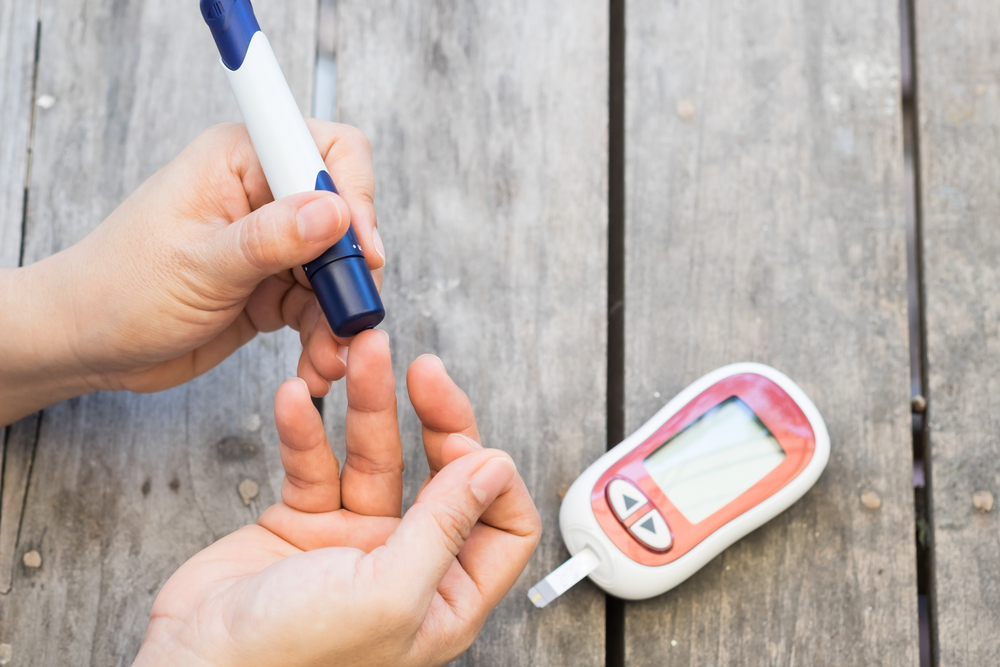Things You Should Know About Normal Blood Sugar Levels
Diabetes is a dangerous condition, which can worsen any other diseases or illness present in a human body and pave the way for further complications. One needs to take care of his or her eating habits and make necessary lifestyle changes to get normal sugar levels.
Controlling blood sugar levels is crucial to prevent diabetes as well as to manage the condition if already affected by it. It is mandatory on your part to know what should be your normal blood sugar levels and how you can check it on a periodic basis to lead a healthy life.

Normal blood sugar levels for a non-diabetic person
There are three parameters in which the blood sugar level is detected. You need to check the degree of blood sugar after 10 hours of eating, which is usually before having anything in the morning after you woke up, provided you had the dinner at least 10-12 hours before the time of the blood test. The normal blood sugar levels during the fasting phase should be within the range of 70-99 mg/dl.
The next parameter is to test the blood sugar level after the first meal, which is usually lunch. This blood has to be taken a right after 1.5-2 hours of lunch. At this point, the level should be within the range of 90-140mg/dl.
The third parameter is the HbA1c, which should be below 5.7% if you have normal blood sugar levels.
What are normal blood sugar levels for a diabetic person?
For a diabetic person, the normal blood sugar levels are elevated from time to time. Monitoring daily blood sugar level of a diabetic person is mandatory. Any changes in the degree of blood sugar which is beyond normal blood sugar levels for a diabetic person can lead to significant health problems.
The fasting blood sugar level for a diabetic person ranges between 80-130mg/dl whereas the blood sugar level after having a meal should be less than 180mg/dl. The HbA1C must not be more than 7.0%.
How to understand if you have high blood sugar or diabetes
The common symptoms of having diabetes are as follows:
Tiredness and frequent need for food: Due to insufficient or no insulin production, the cells don’t get glucose. So the energy level of the body automatically falls, making the patient feel tired all the time.
Frequent urination: Since the level of glucose remains high in the blood; diabetic people need to urinate more frequently in comparison to a person without diabetes. The diabetic person also needs to have water frequently since more fluids are getting out of his system often.
Itching of skin and feeling of dryness: As the diabetic person urinates frequently, the level of moisture contained in his or her body drops down, which makes his or her skin feel dry. Also, it seems like the skin is itching due to dryness.
Blurred eyesight: Due to insufficient levels of fluids or moisture in the body, the lens in the eyes swells up, which in turn, creates a problem in the vision of the affected individual.
How to check normal blood sugar level
Diabetic people need to keep a continuous check on the blood sugar level to monitor whether it is within the range of normal blood sugar level or not. Use a Continuous Glucose Monitor (CGM) to check the blood sugar level frequently. It is inserted under your skin to control the glucose level on an ongoing basis, and it is mainly implanted near the abdomen.
You can also use the traditional finger-stick test for blood sugar, where a small needle is inserted on the index finger or any other finger to get a drop of blood for testing the sugar level with the help of any glucose meter.
For non-diabetic people, monthly or half-yearly blood tests for checking sugar level would be useful to keep a tab on this aspect. The test checks the blood sugar level while fasting and after two hours of a meal, which is then compared to the normal blood sugar levels.
Risks associated with high blood sugar levels
The three most common health complications that a diabetic patient may experience include:
- Diabetes can damage one’s nervous system.
- Kidney damage is another common risk associated with high levels of blood sugar.
- Diabetes can damage the blood vessels.
The fine blood vessels in the eyes carrying blood to the retina can be damaged, thereby causing impaired vision.
There are many more risks associated with this disease. Hence, it is mandatory for you to keep an eye on your blood sugar level to live a healthy life.
If you are wondering what are the normal sugar levels and how you should maintain one, then be sure to keep these important points handy.




